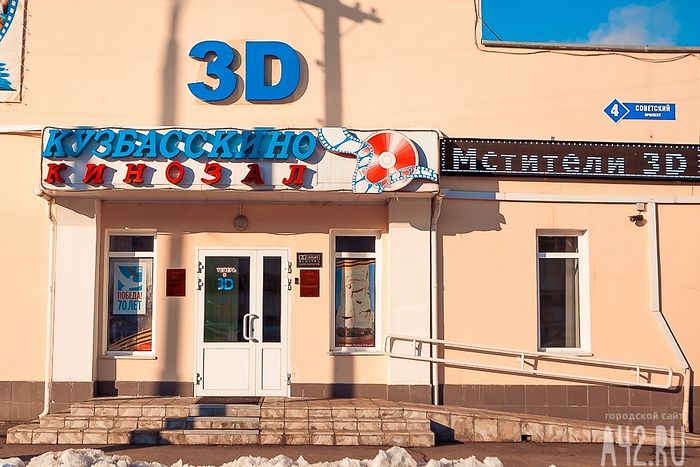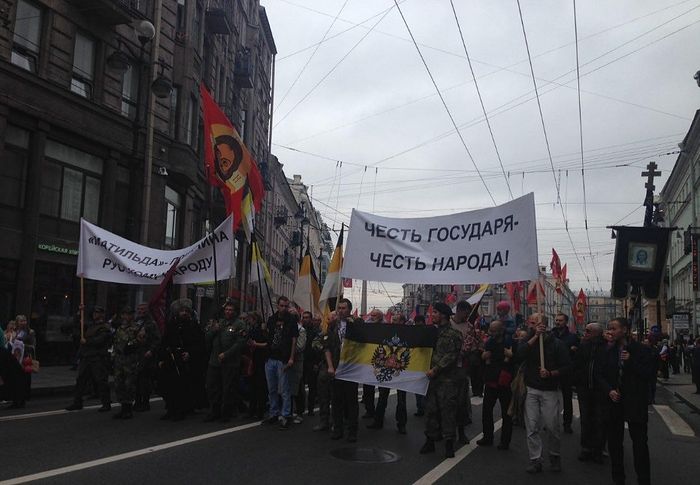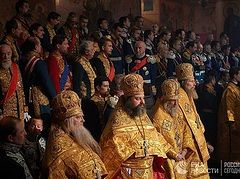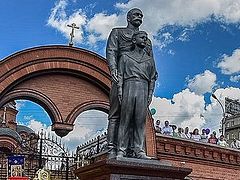Kemerovo, Russia, September 12, 2017
The controversial Russian film Mathilde, set to begin playing in theaters in October, will not be shown in municipal theaters of the central Russian Kemerovo Province, reports RIA-Novosti with reference to the Regional Department of Culture and National Policy.
A local resident sent a question online, addressed to department head Larisa Zauervain in late August, asking about plans to show Mathilde in the Kuznetsk Basin in Southwestern Siberia; the answer appeared online on Friday, signed by Zauervain.
“The repertory planning and distribution of films in municipal theaters of the Kemerovo Province falls within the jurisdiction of the state autonomous institution of culture Kuzbasskino [Kuznetsk Basin Film—O.C.], and Kuzbasskino is not planning to show A. Uchitel’s film Mathilde in municipal theaters of the Kemerovo Province,” the message reads.
It was also noted in the response that as the film had received a distribution certificate, it was allowed to be show in all regions of Russia. “However, it should be noted that every citizen of the Russian Federation retains the right to choose to go to a showing or not,” the message continues.
The Kuzbasskino site reports that the Kemerovo Oblast currently has 109 active movie theaters, including four digital municipal theaters, 45 municipal DVD halls, and 21 private cinemas.
The authorities of Chechnya and Dagestan have also requested to the Ministry of Culture not to show Mathilde in their regions. The ministry promised to take their requests into consideration. The film has also been the subject of harsh criticism and protests from clergy, monastics, Orthodox activists, State Duma deputies, and even the House of Romanov.
More protests came today during the St. Petersburg cross procession in honor of the feast day of St. Alexander Nevsky, with some marchers carrying banners bearing slogans such as “Mathilde is a slap in the face of the Russian people,” and “Honor to the tsar is honor to the people,” reports the Regnum Information Agency.
The film is dedicated to the life of the ballerina Mathilde Kschessinska, who once had a relationship with the future tsar and Royal Martyr Nicholas II. The main role is played by Polish actress Mikhalina Olshansky, and that of the then-tsarevich Lars Eidinger from Germany. Many believe the film is historically inaccurate, provocatively distorting the truth of the pious and holy emperor.





